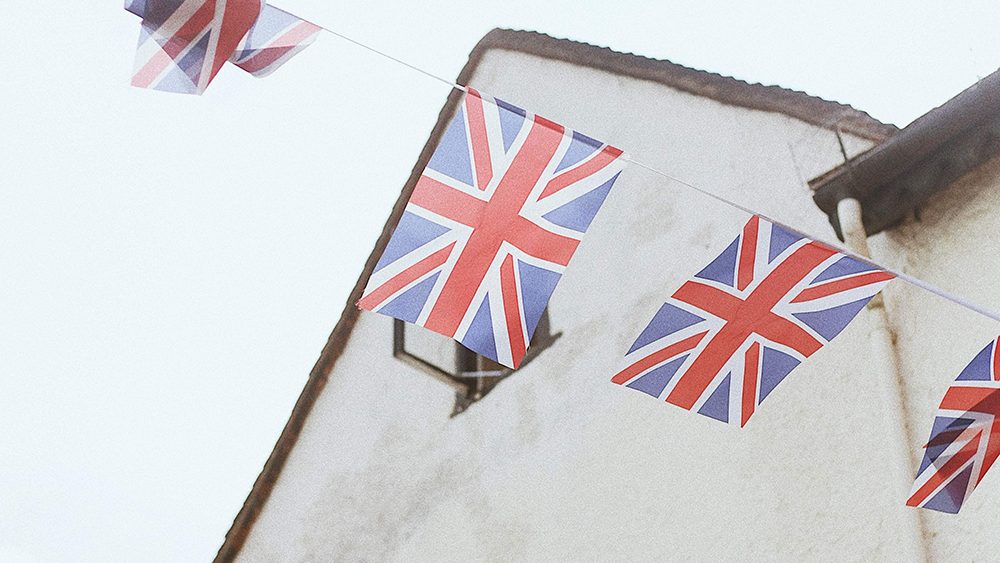By Liz Zeidler, Chief Exec
Today is a big day. Like all divorces, things have reached a point where the ‘for better or worse’ promises of yesteryear have fallen away. Today is the day we are officially leaving our 47 year relationship with the EU and head off into a carefree ‘independent’ sunset. Or do we?
Whatever your political persuasions, this is a big day. It’s a big day for the millions of individuals who have made the UK their home and on whom we depend for almost all our vital services. It’s a big day too for small businesses and public services who have already spent eye watering sums of their all-too-scarce resources preparing for it.
But it is also a big day for our values and aspirations as a country. Who do we want to be in the 21st Century and how do we thrive, individually and collectively in a future which holds so many major challenges?
I’m going to put my cards on the table. They are not political cards, but philosophical ones. I think we urgently need more collaboration, more cooperation, more ‘we’ and less ‘me’. We need this at an individual, community, national and global level.
We have epidemics of loneliness, isolation, addiction and mental illness. We have communities divided along racial, political and economic axis. Nationalism is on the rise around the world, bringing with it extremism and conflict (social, economic and religious). Our economic model is delivering levels of inequality unimagined in any earlier generation, with 26 individuals now controlling the same wealth as 50% of the world put together; and changes to our climate and the balance of our planet, that threaten to bring nations, people and species to their knees.
Is this therefore the time to divide? To split off from our partners and break apart the channels with which we might come together to find shared solutions for challenges that are far bigger than any of us alone could ever overcome?
So is the answer to the opening question that the future is all about survival? Surviving the short term storms that Brexit will bring to our economy and our communities, and the longer term challenges we now face far more alone than we did this time last year?
Perhaps, but my job, and the organisation I co-founded a decade ago, are based on the premise that there is another way. There are ways to organise our lives, our communities, and our economy, to help us to thrive – now and for generations to come. There are a growing number of pioneers – renegade economists, vocal environmentalists, brave political leaders and burgeoning groups, often young and rightly angry and determined to carve a different path. Away from the me, me, me egocentric focus of individualism and nationalism and towards a we, we, we movement that is putting a new economy in place here and now.
From businesses to civil society, from towns and cities to whole nations, the movement towards a wellbeing economy is gathering pace. When such figures as globally influential economists Jeffrey Sachs, and OECD Director General Angel Gurria stand on a platform saying that the measurement of wellbeing, and the conditions for it must become the primary goal for 21st Century governments, you know there is hope. Those of us who have been banging this drum for decades are no longer lone voices in the wilderness, there is a growing chorus of influential voices and practical action* emerging around the UK and the world. It is a chorus capable, with the right support, of drowning out and ultimately overcoming the momentum of those that would choose to divide us just when our unity is needed most.
So let’s choose to collaborate, to cooperate, to support and engage with each other across all our ‘divides’. Let’s leave our doors open to difference and opportunity and refuse to be fed a menu of fear designed to encourage us to lock ourselves away and to ignore the challenges ahead. In short, let’s choose to thrive, together, and choose to design and build a new economy and society so that our children and our children’s children can thrive together too.
*Look out for part two of this blog that will highlight a selection of the most exciting projects emerging in the wellbeing economy.



Comments are closed.